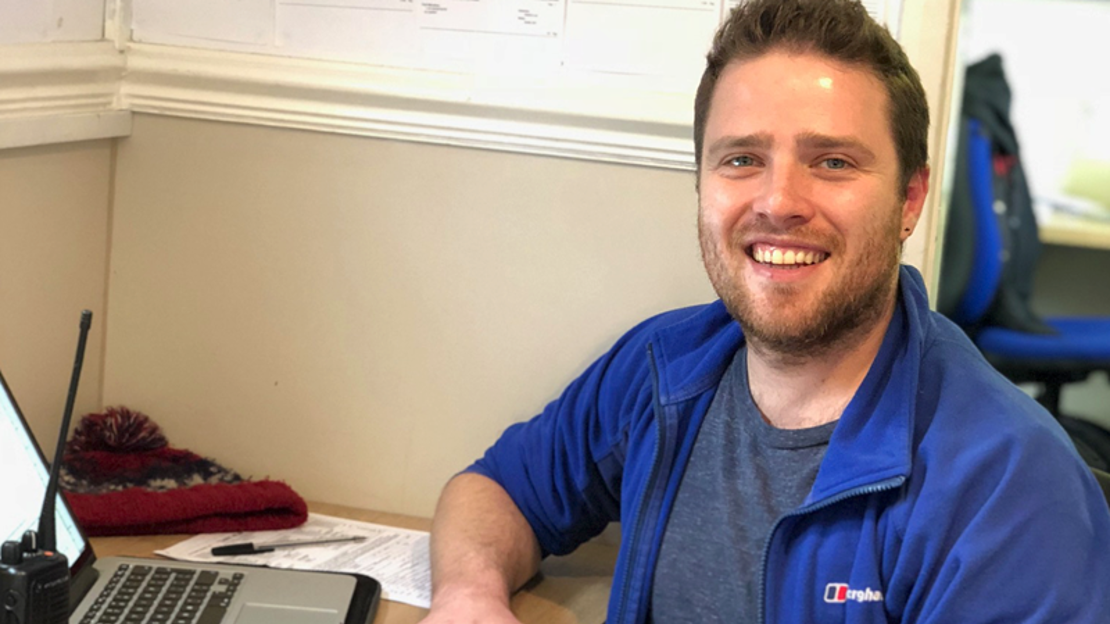New BBC drama, Lost Boys and Fairies, has been released to wide acclaim. By contributing to the High-end TV Skills Fund, the Welsh production also helped support the industry, the growth of the sector and development of its workforce.
As the show arrives on screens, we caught up with its producer, and HETV Skills Council member, Adam Knopf, to get his thoughts on how production contributions are invested and find out how initiatives developed by the Fund supported Welsh members of the workforce on the production.

Why is it important for productions like these to contribute to the HETV Skills Fund?
Without the investment we are unable to keep supporting schemes that are implemented by those working in the HETV industry. These are courses and programmes decided by the industry for the industry that tackle the crew skills shortages directly. It is very efficient and effective.
The production took on those from mid-career programmes Make a Move and Leaders of Tomorrow as well as new entrants from the Trainee Finder programme. How important is it for them to get the experience of working on a production like this?
This was a production with so many varied elements which is evident when you watch it - period and contemporary, musical numbers etc. Band 2 projects aren't so big that you are just a cog in a massive machine, instead, you are part of a smaller group of professionals and know all the different crew members and their roles. You are exposed to everything and therefore learn how the process lives or dies on collaboration and communication. It was also a show that was full of love and support, so it was a brilliant environment in which to learn and grow.
How do training programmes like these help support the industry?
These programmes help all levels of a production from entry level right through to Heads of Departments or leadership roles. Collectively, they provide a pathway of support as people progress through their careers.
These training programmes are all a result of the investments made by the HETV Skills Fund, how successful do you think they are in best preparing the current and future workforce?
With the return to more sustainable levels of production where crew are more likely to do at least two or three jobs in each job role, we will see the benefit of these schemes again. We will be able to support entry level crew as those above them will understand their own roles better and be able to offer better on-the-job training. Crew stepping up will also be doing so when they are ready. These schemes will enable the workforce the time to take these important steps in a more considered and sensible way.
What was the experience of working with the trainees and those on other programme placements like?
I have always had a very positive experience working with the trainees, Make-a-Movers and Leaders of Tomorrow cohorts. They are informed and have a good groundwork to make the relevant steps in their career.
Why would you recommend contributing to the HETV Skills Fund to other productions?
For the continued direct support for the industry by the industry.
Discover more
Find out more about the HETV Skills Fund
